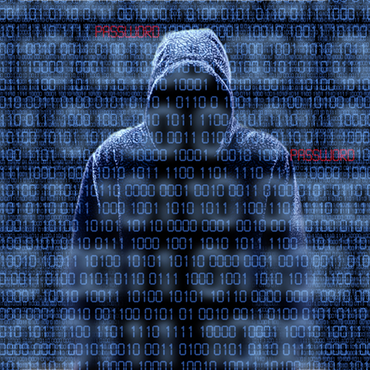Feds seek info-sharing standards for private-sector data breaches

Federal law enforcement officials say national reporting standards could help investigators uncover culprits.

As Congress continues its probes into high-profile and widespread data breaches at retailers Target and Neiman Marcus, federal law enforcement officials are stepping up their calls for reporting standards that require businesses to notify customers and law enforcement when hackers steal or compromise personal information.
Merchants currently are under no obligation to report data breaches to federal law enforcement, and state rules vary widely. At a March 5 hearing of the Financial Institutions and Consumer Credit Subcommittee of the House Financial Services Committee, senior law enforcement officials said that reporting standards could aid investigators and consumers alike.
"While there is no single solution to prevent data breaches of U.S. customer information, legislative action could help to improve the nation’s cybersecurity, reduce regulatory costs on U.S. companies, and strengthen law enforcement’s ability to conduct effective investigations," said William Noonan, who heads cyber investigations for the Secret Service.
Responsibility for federal investigations of data breaches is divided among government agencies, with the Secret Service taking the lead on casework, and other components of the Department of Homeland Security, including the National Cybersecurity and Communications Integration Center, which helps analyze threat information for the Secret Service and helps victims secure their networks.
The government is still just getting a "snapshot" of breach activity through voluntary reporting, said Larry Zelvin, National Cybersecurity and Communications Integration Center Director at DHS. Reports of about 240,000 cyber incidents reach NCCIC annually from retailers, Internet service providers and others. "But we still don't have visibility on everything," Zelvin said, adding. "That aggregate picture doesn’t exist. We're compiling data from a lot of sources."
The payments industry is pushing back against federal requirements, preferring to set their own standards based on their best practices. "High-profile events such as the recent breaches are a legitimate area of inquiry for the Congress, but should not serve as a justification to impose new government regulations," Troy Leach, CTO of the Payment Card Industry Security Standards Council, said in written testimony offered at the March 5 hearing.
Attorney General Eric Holder called for a national consumer notification law in February. Mandatory reporting "would empower the American people to protect themselves if they are at risk of identity theft [and]... enable law enforcement to better investigate these crimes -- and hold compromised entities accountable when they fail to keep sensitive information safe," Holder said in a statement.
Democrats in the Senate have offered several bills to create data privacy protection standards for private firms and centralize data reporting inside DHS. Most recently, Sen. Richard Blumenthal (D-Conn.) introduced the Personal Data Protection and Breach Accountability Act, which would require businesses with more than 10,000 records to be subject to data-reporting requirements. So far, none of the bills has received a committee vote.



